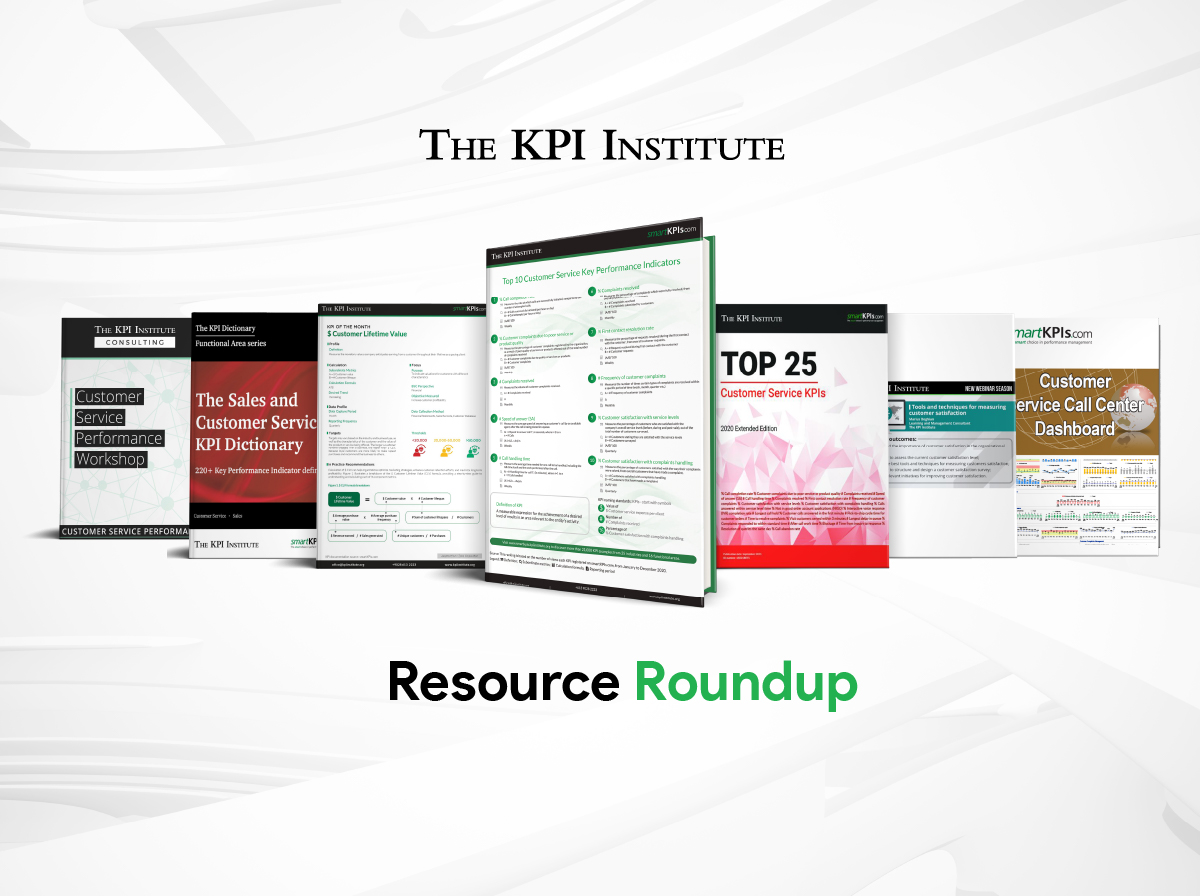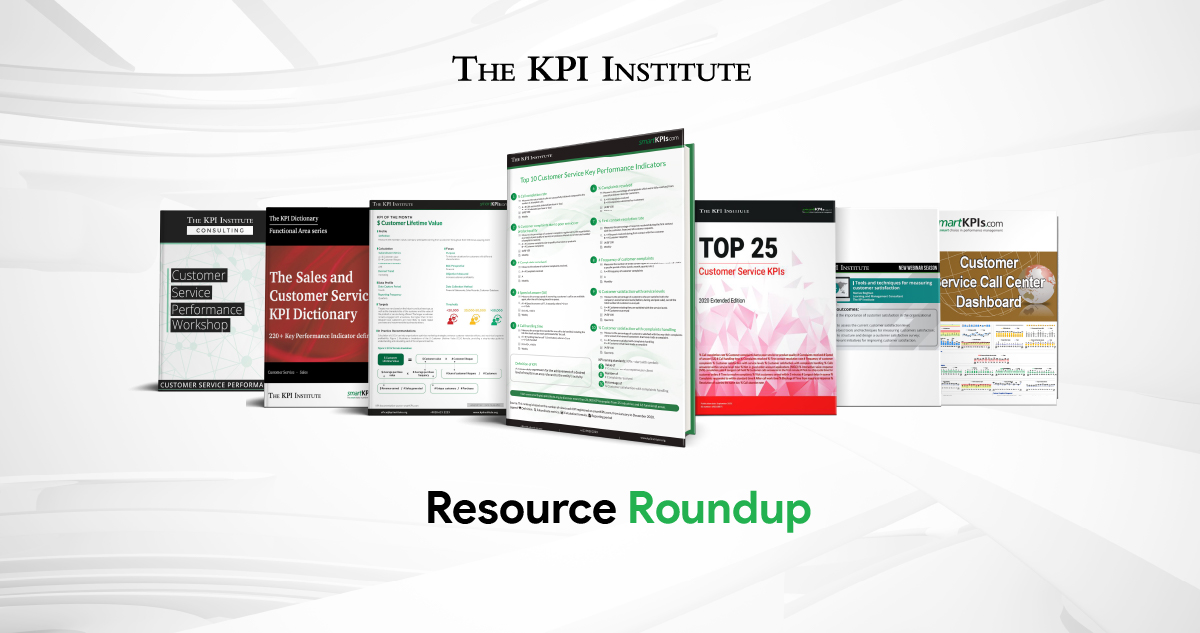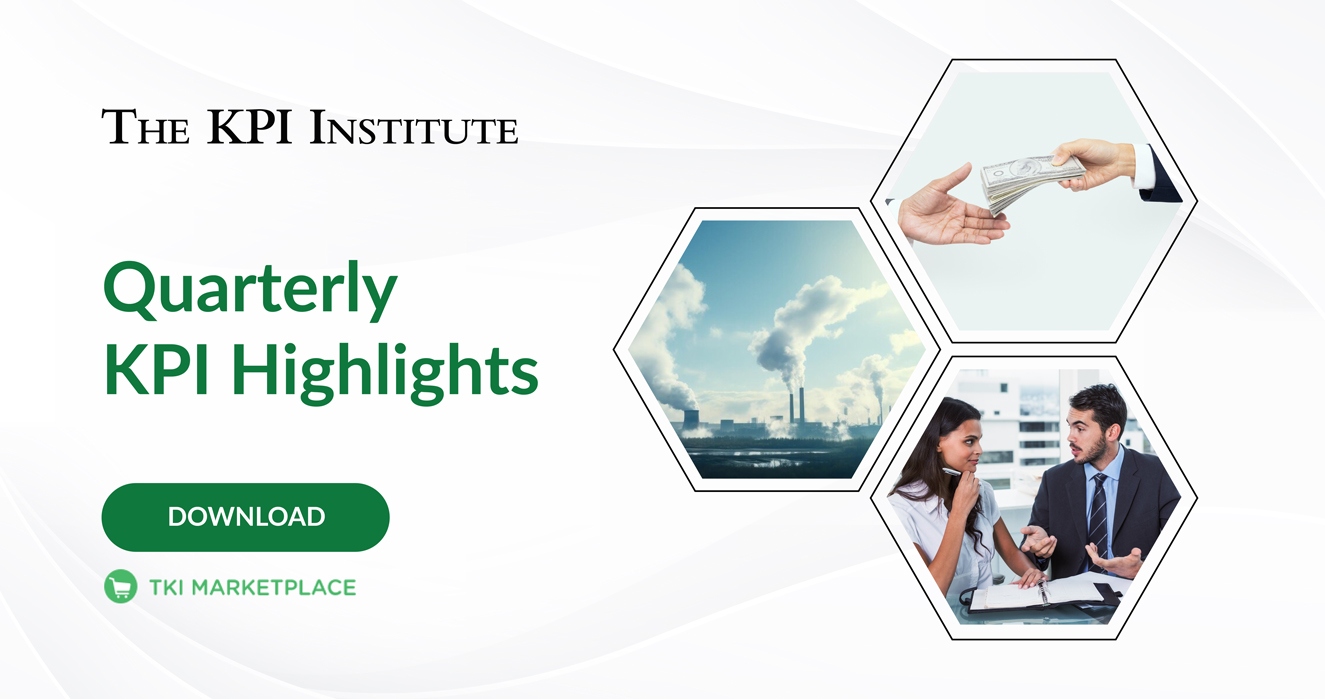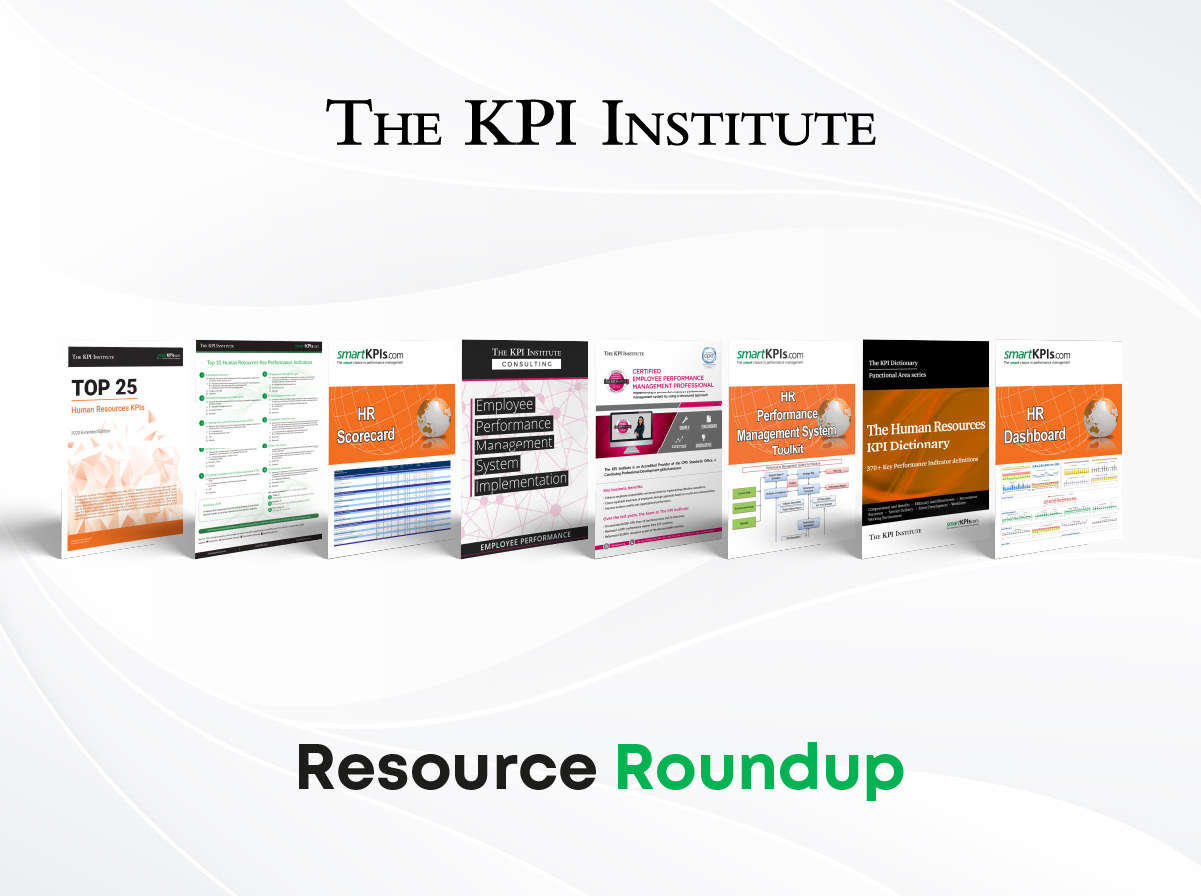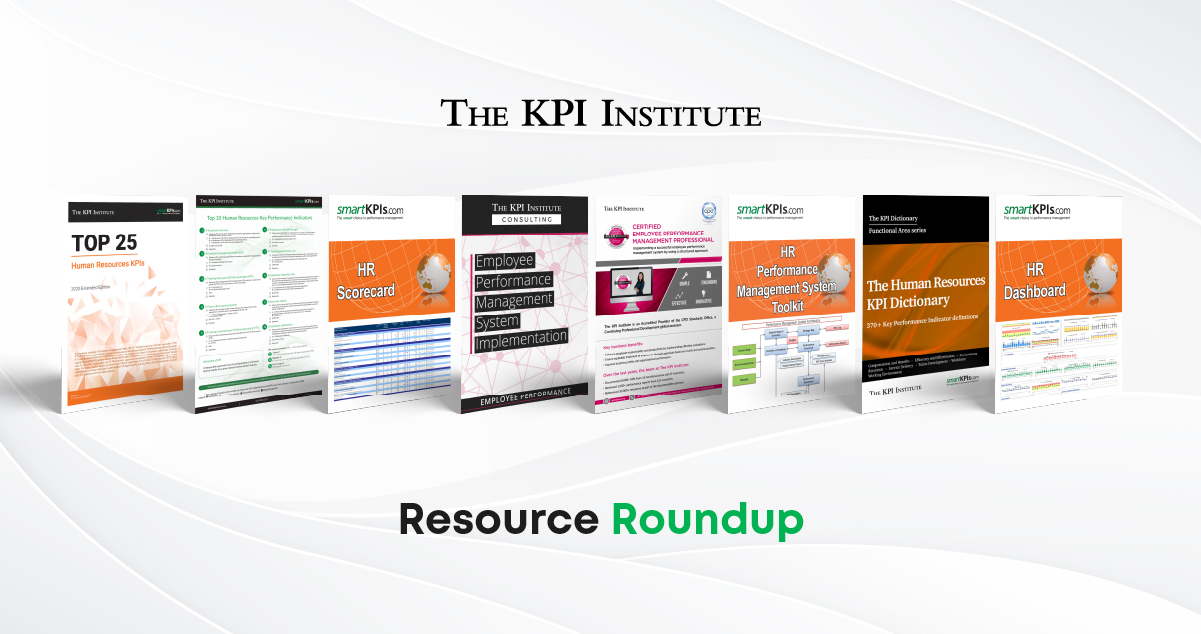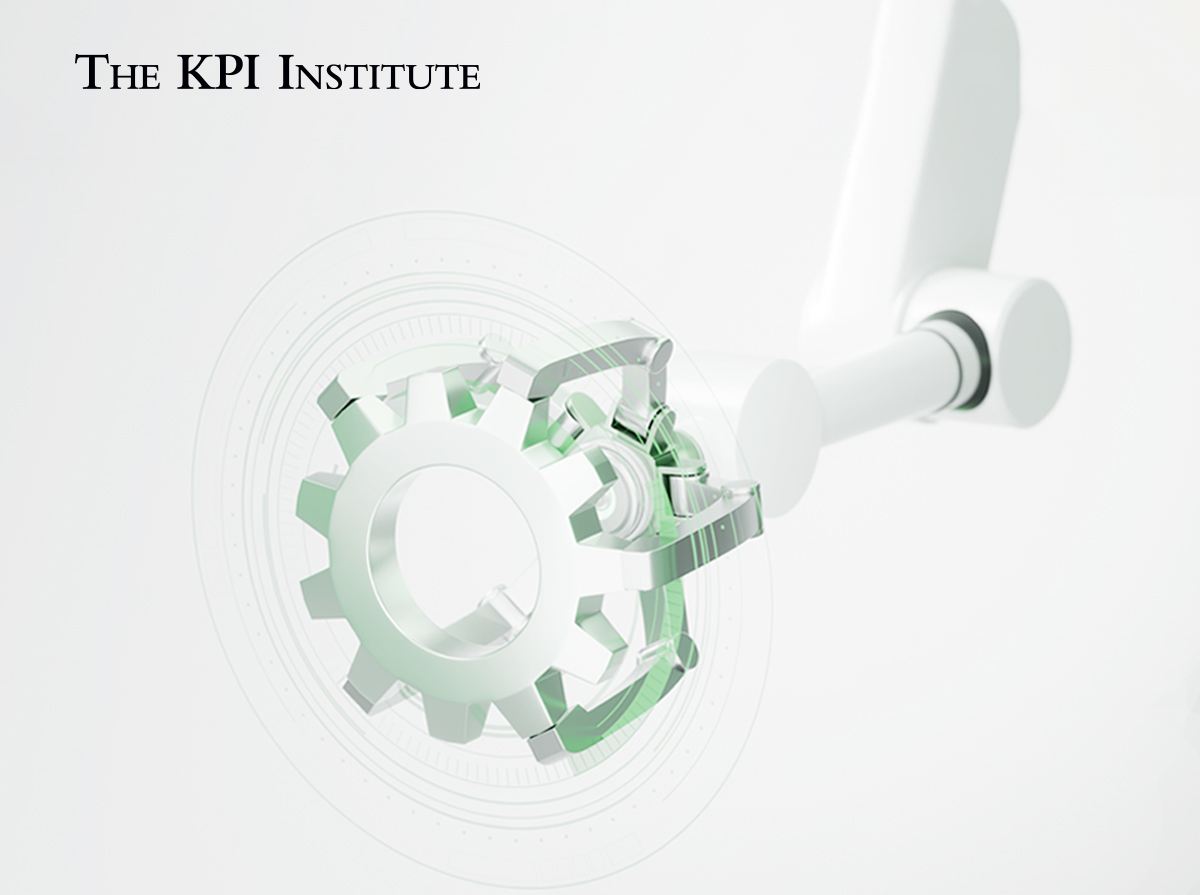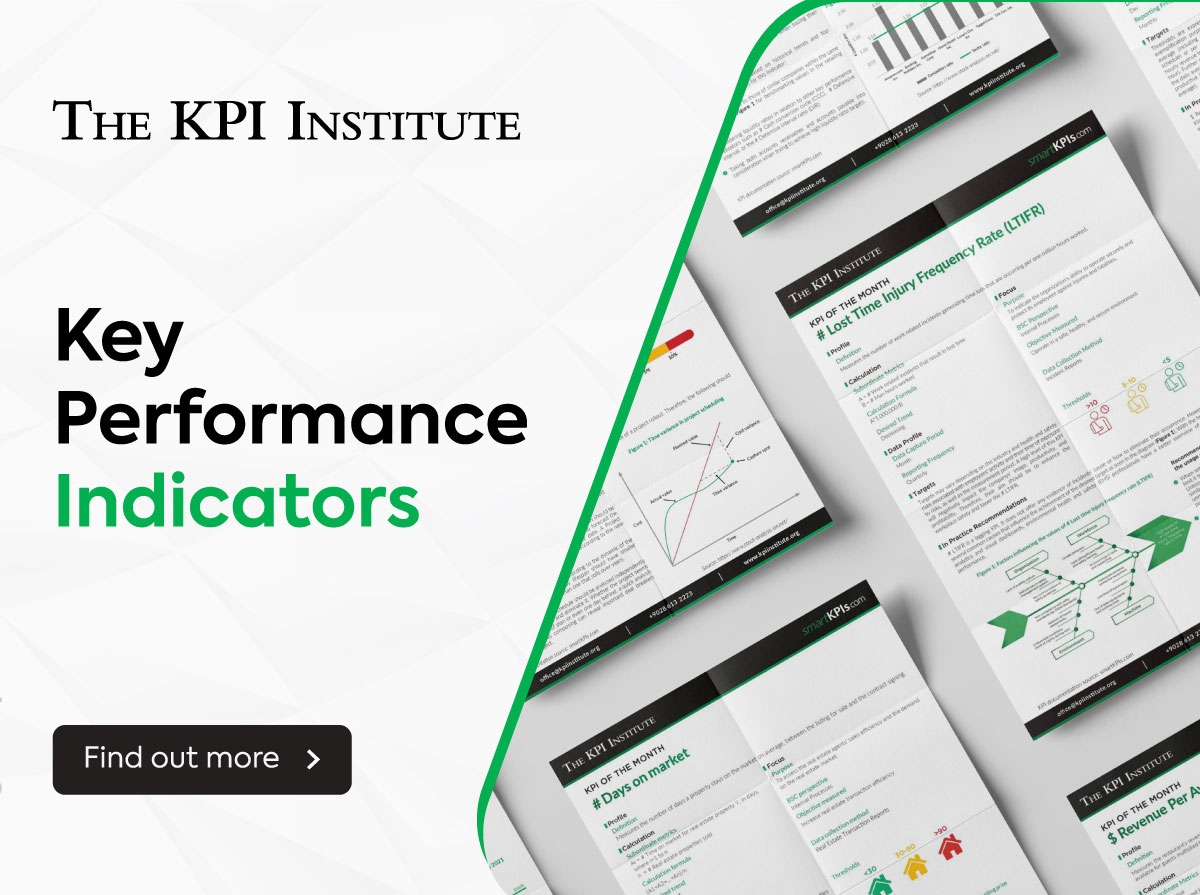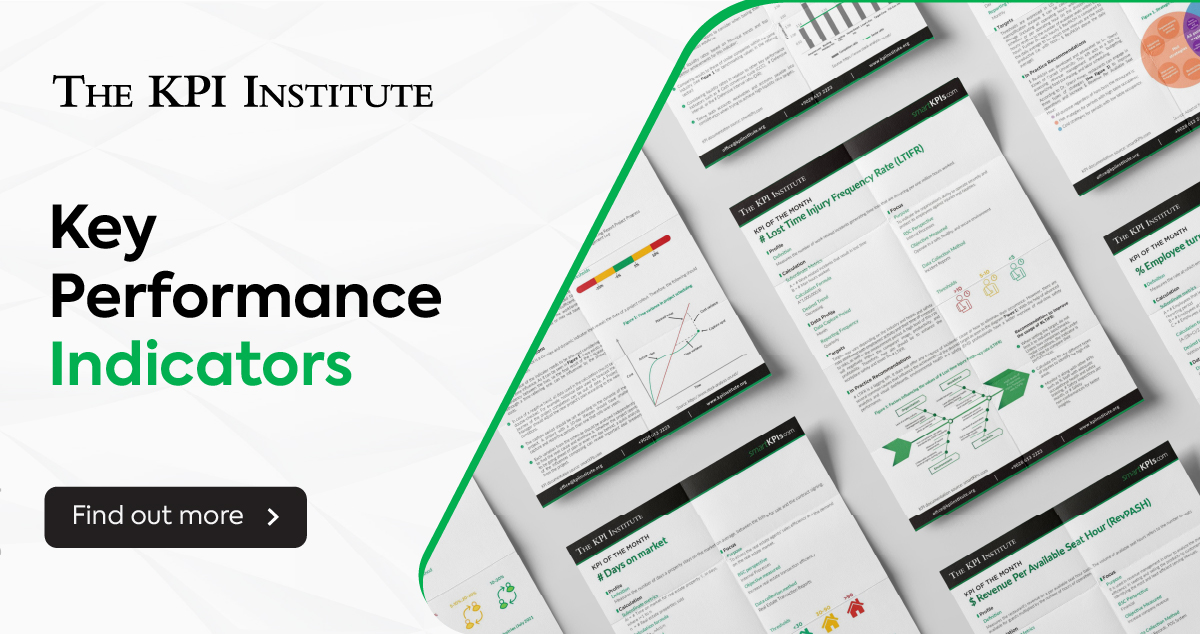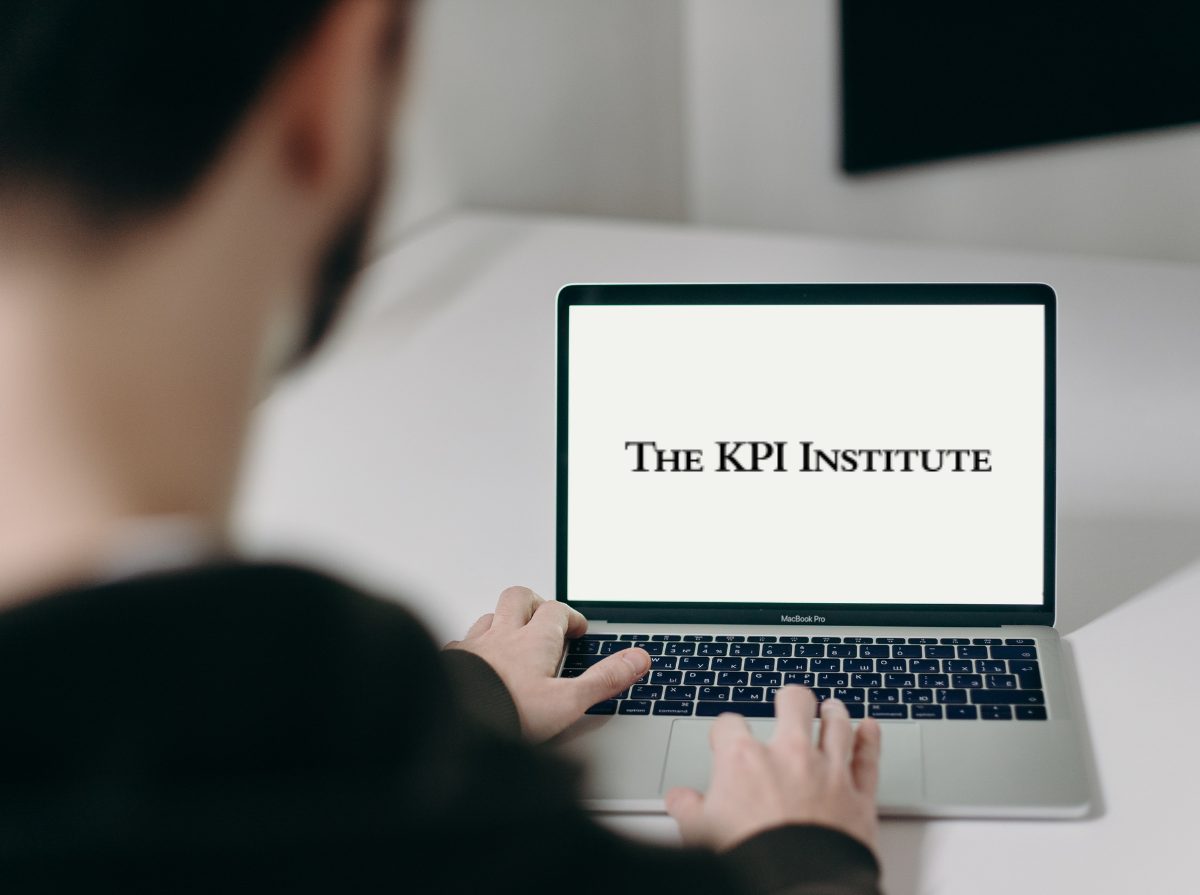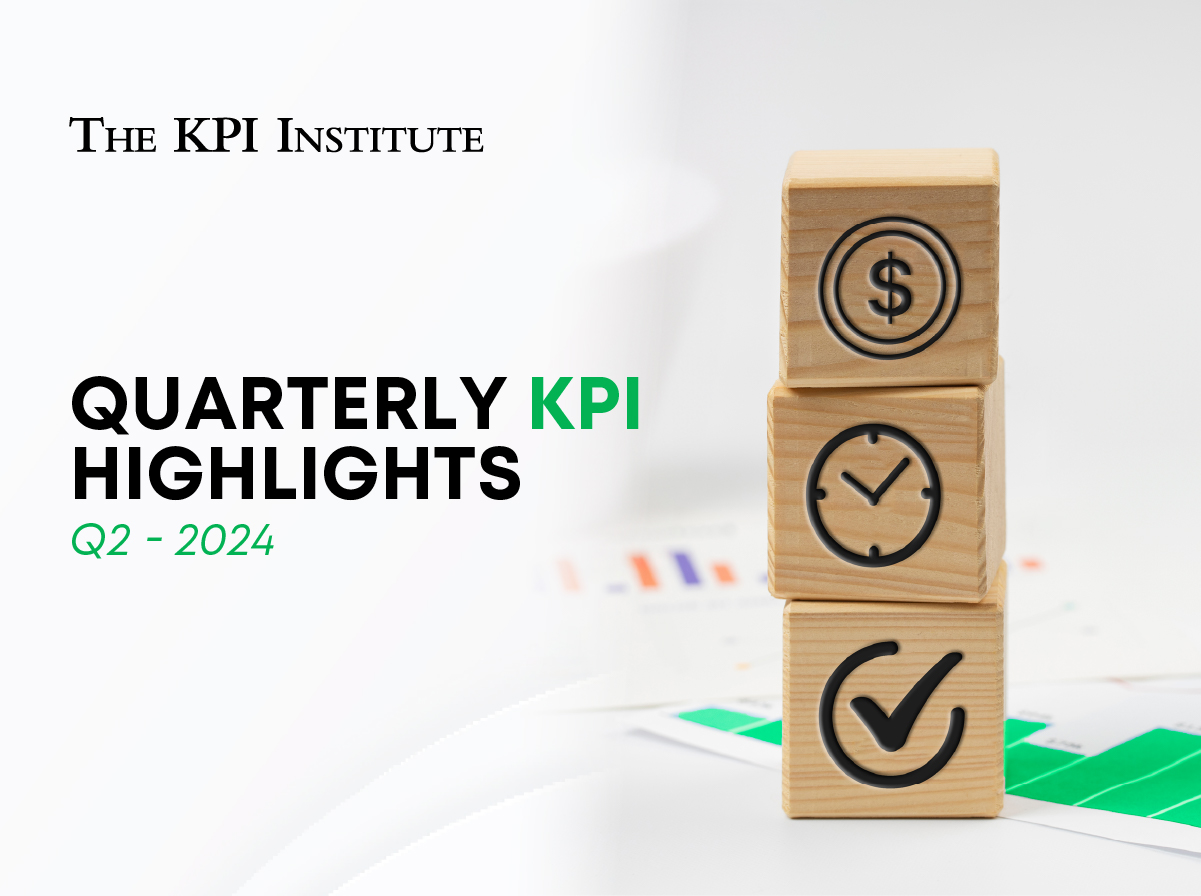
Quarterly KPI Highlights: optimizing customer engagement, operations, and agile practices
August 14th, 2024 Posted by Kimberly Tilar KPIs 0 thoughts on “Quarterly KPI Highlights: optimizing customer engagement, operations, and agile practices”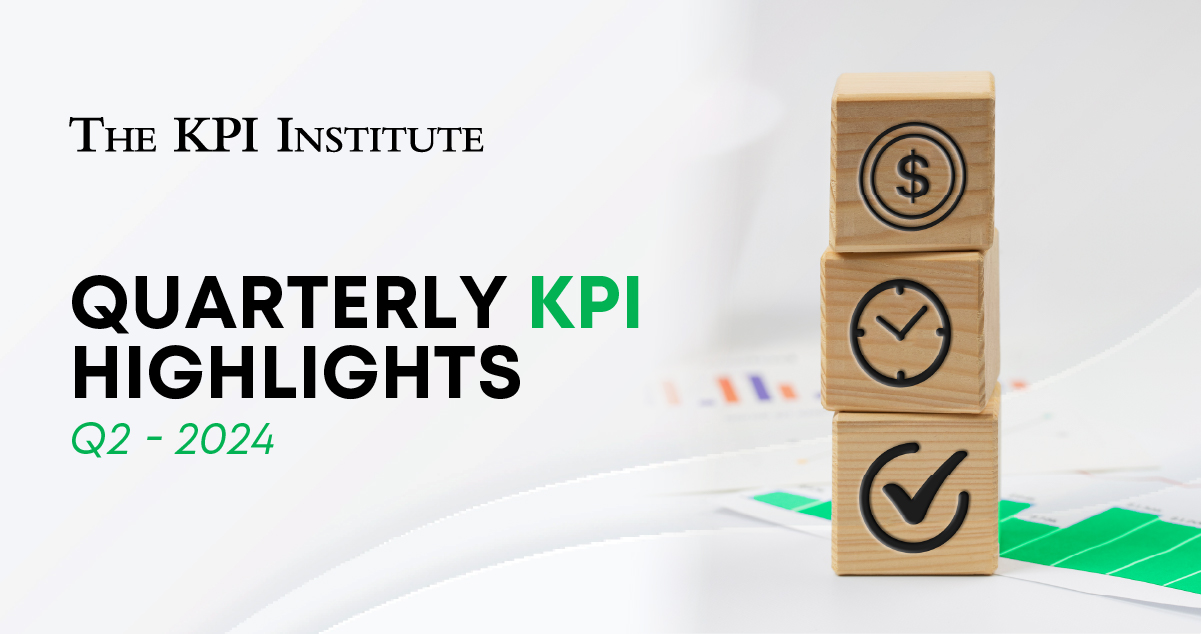
Key performance indicators (KPIs) serve as essential navigational tools, guiding organizations toward success in both strategic planning and operational execution.
According to the State of Strategy Management Practice Global Report – 2023, “KPIs are extensively employed in two main areas: employee performance evaluations and corporate performance assessments.” Using KPIs in employee evaluations establishes clear expectations, tracks progress, and offers feedback. Similarly, KPIs employed in corporate performance assessments track progress toward strategic goals.
The KPI Institute launched a series of free infographics called KPI of the Month to offer insights into the practical application of KPIs. Each infographic focuses on a particular KPI that provides explanations of terminology and addresses key challenges related to its use. The monthly infographics include profile, calculation, balanced scorecard focus, data profile, targets, and practical recommendations.
To ensure that you stay informed and updated, we’ve compiled the KPI of the Month from the second quarter of 2024: $ Customer Lifetime value, # Cycle time in Agile, and % Projects with benefits realized. These KPIs not only highlight essential aspects of customer engagement, operational efficiency, and project management, but also play crucial roles in promoting sustainable growth and enhancing organizational agility. Let’s take a look at each KPI and its function:
KPI of April: $ Customer Lifetime value – This indicator “measures the monetary value a company anticipates earning from a customer throughout their lifetime as a paying client.” Its purpose is to determine the value of customers based on their unique characteristics. Moreover, utilizing this indicator can assist organizations in refining marketing strategies, improving customer retention, and maximizing long-term profitability. To learn more about the $ Customer Lifetime value, download the poster on TKI Marketplace.
KPI of May: # Cycle time in Agile – The purpose of this indicator is to assess the effectiveness of the development process of a team. It determines the average amount of time needed to accomplish a task from the time it starts the development process until it is finished and delivered. The # Cycle time in Agile helps find areas where processes can be streamlined by measuring output and delivery speed across several iterations. Download the free digital poster via TKI Marketplace.
KPI of June: % Projects with benefits realized – This indicator measures the proportion of projects in the portfolio that have achieved or realized the expected benefits in relation to the total number of projects in the portfolio. Projects that use the benefits realization method seek to offer particular outputs in addition to strategic aims. To learn more about practical applications for this indicator, get a free copy of the poster from TKI Marketplace.
To widen your KPI expertise with an extensive collection of documented KPIs across diverse industries and functions, visit smartKPIs.com— a leading online platform dedicated to performance measurement and KPI management. It hosts the world’s largest database of documented KPI examples, offering resources such as KPIs by industry and department, and dashboards. Check it out now!

